Every journey begins with a single step

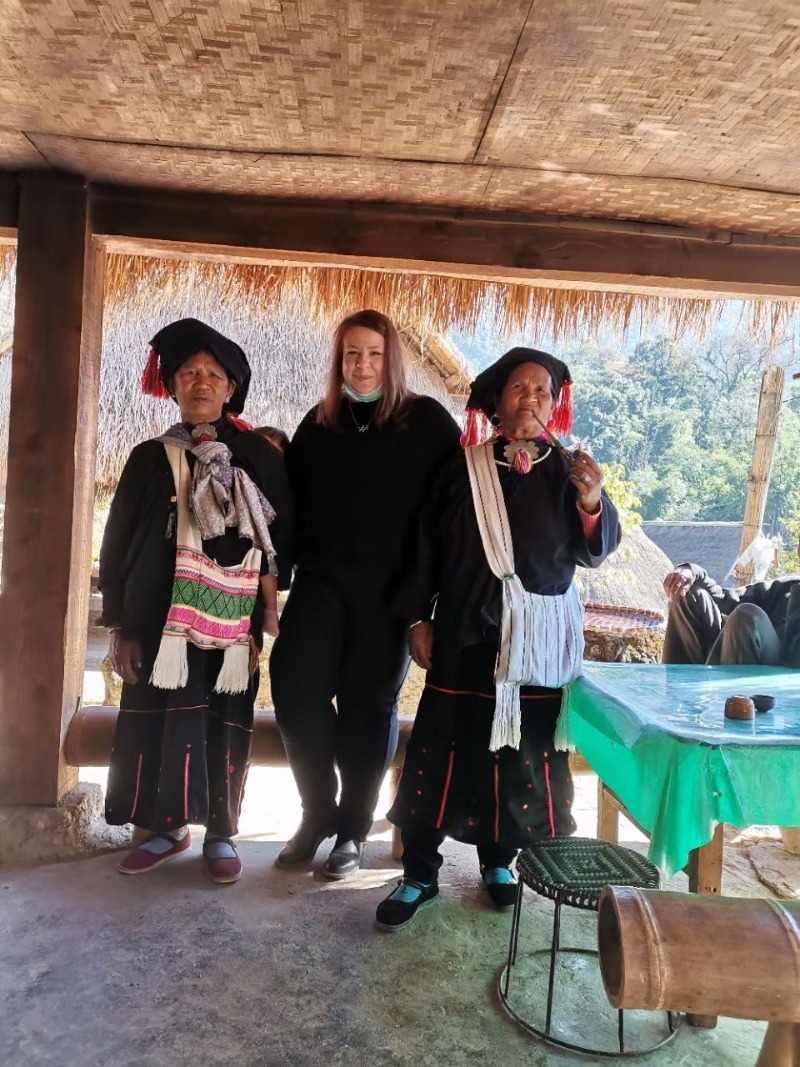
The People's Republic of China is home to 56 ethnic groups and represents a tangible example of cultural richness. Learning about different ethnicities, their beliefs, traditions and heritage can definitely help dispel stereotypes and broaden our understanding towards groups of people who are geographically and socially different from our perspective of "standard".
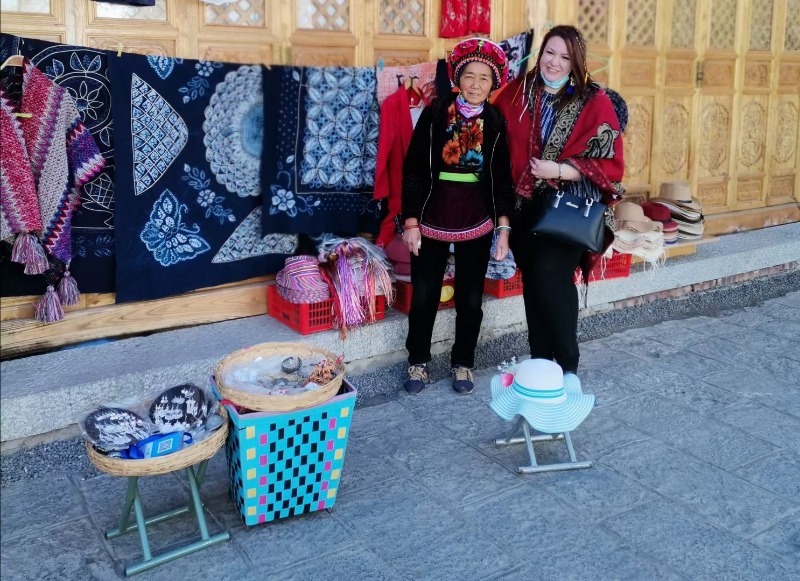
My first encounter with China was in 2014 as a student thanks to a Confucius Institute Scholarship. Later on I pursued my master's degree at Chongqing University and after graduation I have decided to remain in Chongqing working for an international company. During these years I had the opportunity and pleasure to visit several places where ethnic minorities live, learn more about their traditions and listen to their stories about improvements in their daily lives thanks to housing, infrastructure, medical care and schooling reforms implemented by the local government.
In 2014, the first ethnic minority I came across was the Hui, as they were running the Muslim canteen in Chongqing University's campus A. The coordinators and the cooks would always welcome everyone with a big smile regardless of your nationality of religious belief and they would provide abundant and delicious meals at very accessible prices. As many universities around the world do not have a Muslim canteen on their campus, back then seeing this struck me as a concrete example of respect and inclusiveness.
Later on, during school vacations and national holidays I would travel across the country to visit places which have been recommended by my Chinese professors and friends. Owing to the rapid development of infrastructure, some locations which would have been almost impossible to reach by a foreigner a couple of decades ago due to logistics bottlenecks, lately have become accessible and prepared to receive visitors.
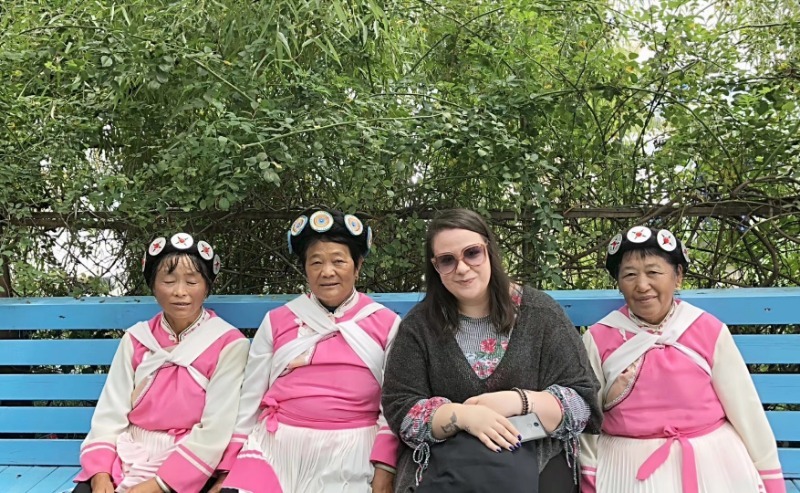
During my travels up to date, I must admit that what I enjoyed most was interacting with the elders of the communities. There has always been something that fascinates me about the elder generations and their ability of storytelling and taking you through all the major changes that their community has undergone throughout the years. I could stay for hours and listen to their stories on how the train I took didn't even exist a few years ago and how reaching another village would require walking one day and become a big risk due to dangerous mountain alleys, whereas now in one hour they could comfortably reach other relatives, send their children to school, visit the hospital when needed, have access to decent housing and meals. On a superficial level, one may think that all these changes were bound to happen in any case as a result of modernization. On another hand, we must keep in mind that China has a surface of more than nine million square kilometers with a population surpassing 1.4 billion, and that until few years ago, several areas were poverty-stricken. Throughout concerted efforts made by the local government, NGOs, community workers and the population itself, China has eradicated extreme poverty by setting ambitious targets in each one of its Five-Year-Plan. With the aim of becoming a moderate prosperous society, grassroots work needs to start from the local communities which include a multitude of ethnic diverse groups. At local level this is being done and duly documented, but from an outside perspective, China often has to fight against many stereotypes, as well as the continuous spread of fake news.
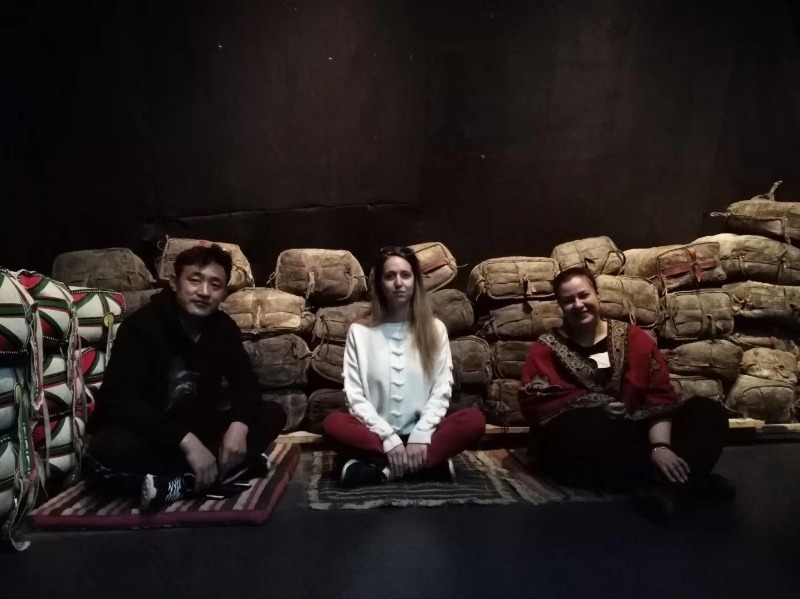
As a foreigner living and working in this country, I firmly believe that insofar as I can in my small way, I do have the duty to expand my knowledge about China, experience first-hand what the country has to offer, interact with its people and speak-out, backed up by facts, against ridiculous misconceptions and biases.
Media outlets such as China Daily are putting evident efforts in providing English coverage of their news to people in and outside China, but there is still a long way to go in order to fight prejudice on an international level. Hopefully with time, by continuing sharing insights in Chinese people's daily lives, many people who haven't visited China yet or do not possess any knowledge in terms of Chinese language and culture can be shown different perspectives and gain more understanding.
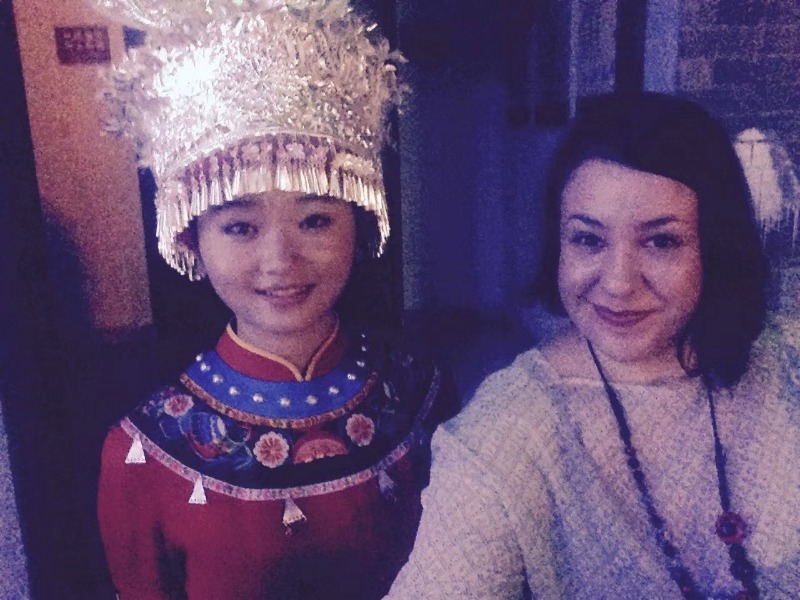
In the years to come, whenever works permits me to do so, I will travel across the country, make life-time memories and take pictures and videos to show to my family and friends abroad. Once COVID-19 restrictions are lifted globally, I also hope more and more people will make a trip to China and experience the beauty of its diversity; the same goes from all Chinese friends out there, I sincerely hope you can visit Italy — my home-country — again and enjoy its cultural and historical heritage and taste its world-known delicacies.

Born to an Italian father and a Romanian mother, I grew up between two cultures which prompted me to learn how to interact with people speaking different languages and coming from different countries. My passions include learning languages, international diplomacy and economic development. In my spare time I enjoy traveling, watching movies, reading books and fuelling my coffee addiction. I see myself as a proactive individual who likes working in cross-functional teams at the intersection of cultures and sustainable business models.
The opinions expressed here are those of the writer and do not necessarily represent the views of China Daily and China Daily website.


